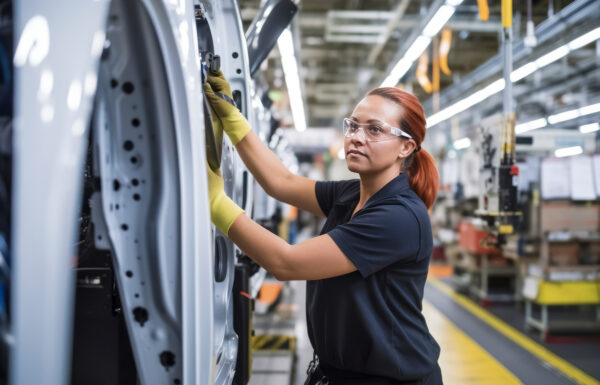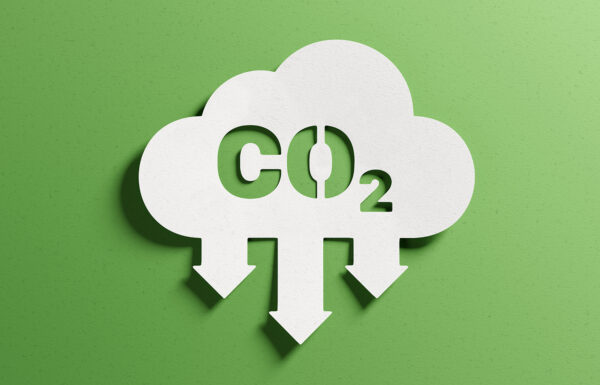
Car industry leaders think the UK government’s plan to ban the sale of combustion-engine cars by 2030 is becoming increasingly unlikely to happen on time.
In a recent article in Fleet News, it was reported that a group of EU countries, led by Germany, is seeking to overturn a ban on the sale of new petrol and diesel cars by 2035.
The EU has delayed a landmark vote on the phase-out of petrol and diesel cars, largely due to intervention from Germany’s coalition government.
Supporters of carbon-neutral synthetic fuels or e-fuels, coalition members the Free Democrats (FDP) want new internal combustion engine (ICE) vehicles running on these to be exempt from the proposed ban.
Poland, Italy, the Czech Republic and Bulgaria have also voiced opposition to the ban, while Austrian chancellor Karl Nehammer welcomed FDP’s stance, saying he would also oppose banning ICE vehicles.
Sandra Roling, director of transport for the Climate Group, said: “It is deeply concerning that Germany is leading efforts to postpone the EU’s agreed 2035 ban on the sale of new petrol and diesel cars and seek concessions for e-fuels.
“That six other countries are now rowing in behind Germany risks undermining business trust in the EU itself, not to mention having a detrimental effect on the health of the EU’s people and its climate, along with prolonging the life of the internal combustion engine.”
The UK announced its ban on the sale of new petrol and diesel cars and vans from 2030, three years ago but the ban to stop selling of combustion-engine cars by 2030 is becoming increasingly unlikely as mentioned.
So, Is big business trying to influence the climate challenge commitment to carbon Net Zero for all of Europe and the UK?



























